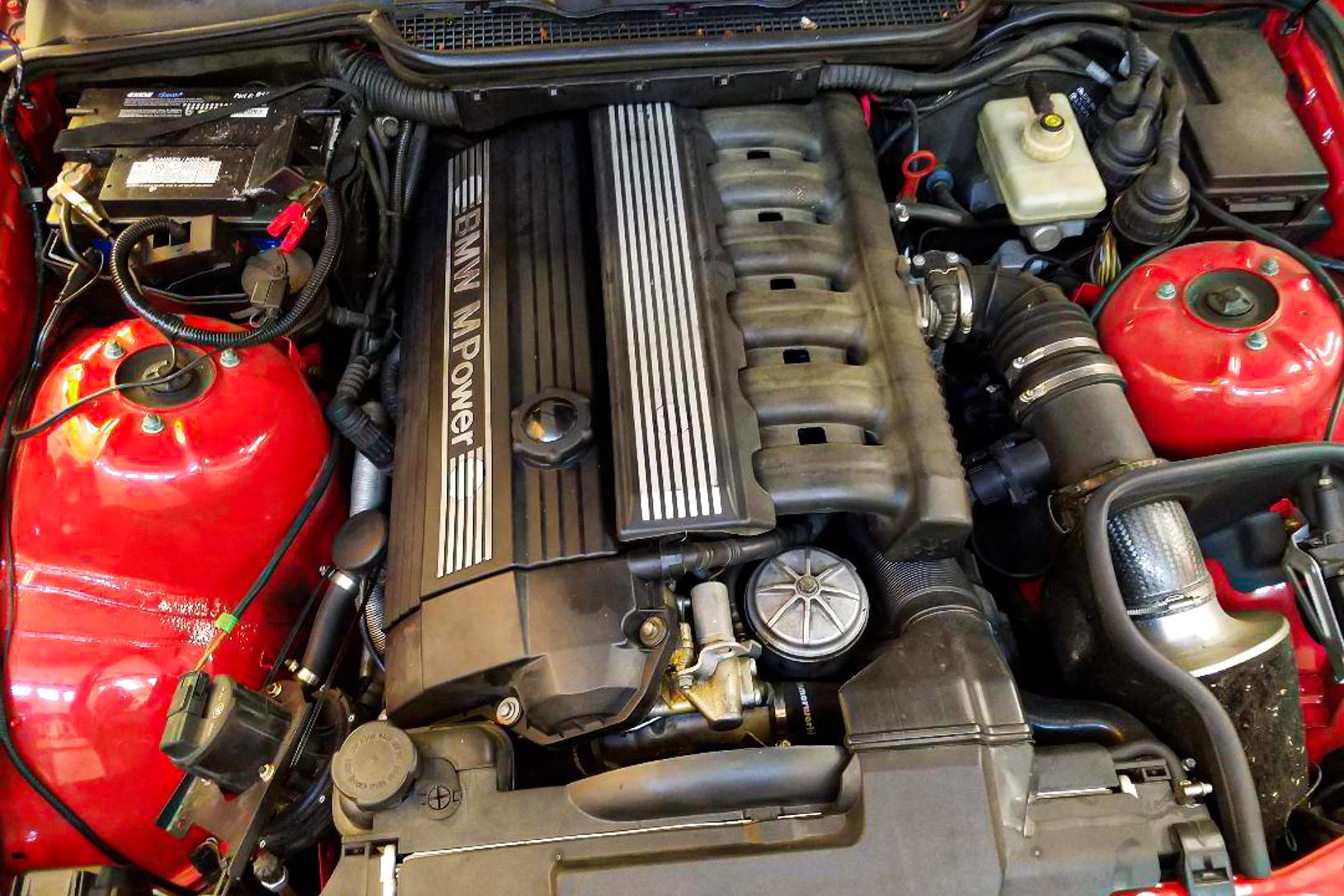Upgrading Your BMW 318ti: Leading Mods and Enhancements
Wiki Article
Crucial Considerations for Picking the very best Engine for Your Needs
In the world of selecting the ideal engine to fulfill your requirements, a number of important factors need careful consideration to ensure optimum efficiency and efficiency. From the nuanced equilibrium in between power and performance to the often-overlooked facets of maintenance and service needs, each aspect plays an essential duty in determining one of the most ideal engine for your specific needs. As the intricacy of engine modern technologies continues to develop, discerning one of the most fitting alternative necessitates a deep understanding of the interplay between numerous factors to consider. By discovering the elaborate internet of factors that underpin this decision-making process, a more clear course emerges in the direction of selecting an engine that not only fulfills but exceeds your assumptions.Power and Efficiency
When reviewing engines for ideal efficiency, it is essential to focus on both power result and effectiveness. Performance refers to just how well the engine converts fuel into functional power. By thoroughly examining both power and effectiveness, you can select an engine that supplies optimum efficiency and meets your demands efficiently.Fuel Performance and Economic Situation
In the world of engine option, the factor to consider of fuel effectiveness and economic situation holds paramount significance. Fuel effectiveness refers to the engine's capability to transform gas right into power with very little waste, straight influencing operating expense and environmental sustainability. bmw 318ti. When choosing an engine, examining its gas economy is important to establish long-term savings and environmental impact. Engines with higher gas efficiency not only lower gas costs yet additionally reduce carbon emissions, adding to a greener procedure.

Compatibility and Application
Considering the gas effectiveness and economy of an engine, the following critical element to address is its compatibility and application within details operational contexts. Compatibility describes exactly how well the engine integrates with the total system or devices it powers. It entails aspects such as physical measurements, mounting choices, electric interfaces, and control systems. Ensuring compatibility is important to stop issues such as getting too hot, resonances, or power imbalances (bmw 318ti).Moreover, the application of the engine is similarly essential. Different engines are designed for certain objectives, whether it be industrial equipment, marine vessels, vehicles, or power generators. Recognizing the intended application enables the option of an engine that can provide the needed click to find out more power outcome, torque, and operational qualities. A high-revving engine made for efficiency vehicles would not be ideal for heavy-duty building devices that requires high torque at low rates.
Maintenance and Solution Demands
Upkeep and service needs play a vital duty in making sure the longevity and optimum performance of an engine. Normal maintenance is necessary to prevent break downs, prolong the life-span of the engine, and keep its efficiency. When choosing an engine, it is crucial to take into consideration the manufacturer's recommended maintenance routine and the schedule of service facilities or certified technicians.Elements such as the frequency of oil modifications, filter substitutes, and general evaluations can dramatically influence the engine's efficiency. Some engines might call for even more constant maintenance based upon their layout and use, while others might have longer periods in between maintenance checks. It is vital to comply with these service demands to prevent expensive repair services and unanticipated downtime.

Expense and Budget Factors To Consider
When choosing an engine for a particular application,Budget constraints usually play a considerable role in the decision-making procedure. When thinking about the price and budget plan effects of choosing an engine, it is essential to examine not only the preliminary purchase cost yet likewise the long-term expenditures connected with upkeep, gas consumption, and prospective upgrades or repair services. It is critical to strike an equilibrium in between the upfront expense of the engine and its total lifecycle costs to make certain that the chosen engine stays financially sustainable throughout its functional lifespan.Factors such as gas efficiency, reliability, and resilience can directly influence the overall cost of possession of an engine. While a much more website here expensive engine might have higher in advance costs, it can potentially result in reduced maintenance and gas costs over time, thus using better value in the lengthy run.
Final Thought

Gas efficiency refers to the engine's capability to transform fuel into power with marginal waste, directly affecting operating prices and ecological sustainability.Factors influencing gas performance include engine design, burning performance, and total performance optimization. Furthermore, choosing the ideal fuel type and grade as suggested by the engine supplier can further enhance performance and prolong engine life expectancy.
Engines with excellent service functions and conveniently available components can lower maintenance costs and decrease the time the engine is out of operation - bmw 318ti. It is vital to strike a balance in between the ahead of time cost of the engine and its general lifecycle prices to ensure that the selected engine remains economically lasting throughout its functional lifespan
Report this wiki page